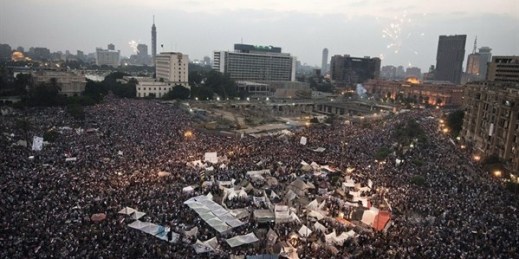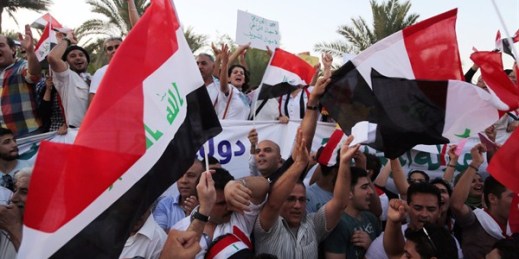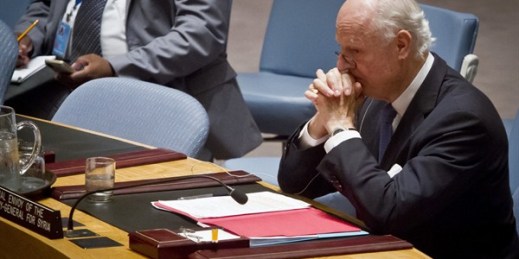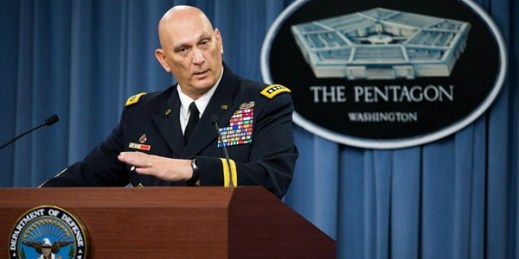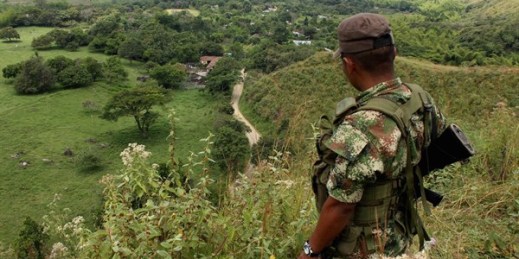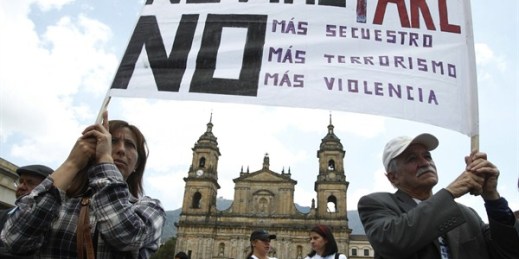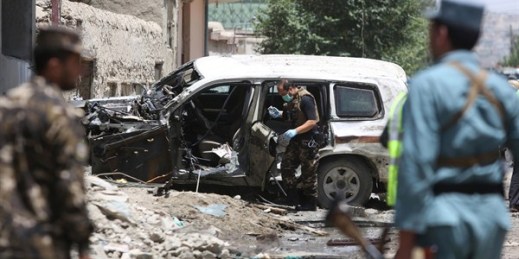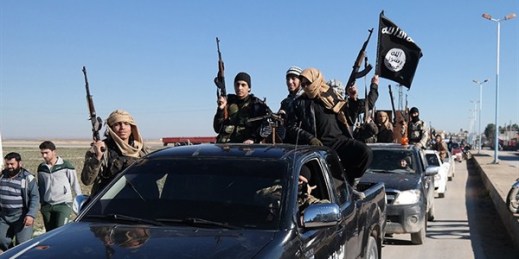
Editor’s Note: This is the first of a two-part column on the Islamic State’s use of extreme brutality as part of its strategy. Part I looks at the roots and intended effects of that brutality. Part II will examine whether extreme brutality is sustainable or will be the group’s downfall, and what that means for the U.S.-led coalition fighting the Islamic State. Brutality is a defining characteristic of the so-called Islamic State. While history is littered with violent organizations, few have made it so integral to their strategy and identity. The Islamic State has become “synonymous with viciousness,” as Fawaz […]

